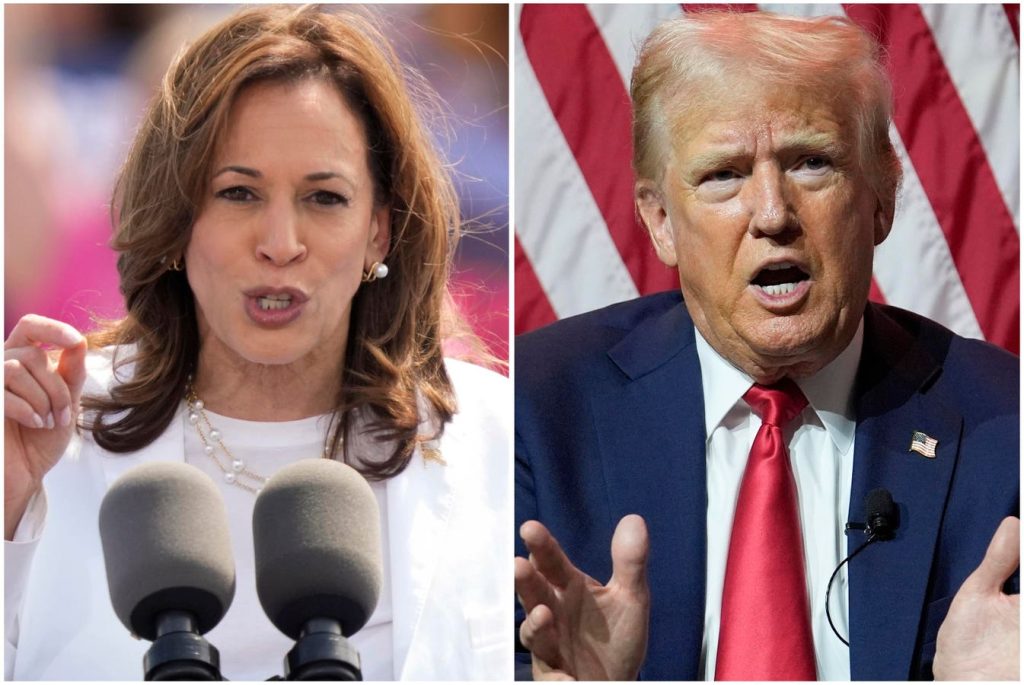The intersection of financial services and technology, known as fintech, is under increasing federal scrutiny, especially as new firms attempt to offer traditional banking services without a banking license. To better understand how the presidential and congressional elections could impact the fintech industry, Forbes spoke with policy experts and executives. Three major areas identified for potential changes include the Consumer Financial Protection Bureau (CFPB), bank-fintech partnerships, and the CFPB’s 1033 rule governing consumers’ control over their banking data.
Experts agree that significant changes may be seen in the CFPB, which has been more active in recent years in enforcing regulations and levying fines on companies. If Kamala Harris wins and Democrats retain control of Congress, continued CFPB enforcement and oversight activity are expected. However, if Donald Trump wins and Republicans take control of Congress, enforcement may slow down. Potential changes to CFPB rules, such as reducing late fees for credit card payments, could also be affected by the election outcome.
Bank-fintech partnerships have also been under scrutiny, with a growing number of regulatory enforcement actions in areas like anti-money laundering rules. If Harris wins, experts believe the scrutiny will continue, while a Trump victory may ease the pressure. The future of these partnerships may depend on how the offices of innovation are staffed under a Harris presidency and if a certification process is opened under a Trump presidency for fintechs to comply voluntarily.
Some experts do not expect major changes in bank-fintech partnerships or anti-money laundering enforcement, regardless of the election outcome. The FDIC’s proposed rule requiring daily account reconciliation by fintechs and their bank partners is expected to move forward, ensuring customer protection like avoiding the situation that occurred with Synapse. The implementation of the rule may vary under different administrations, but the overall policy is likely to continue.
Republicans gaining greater control over Congress and a potential Trump victory could open the door for more fintechs to obtain bank charters, which has been difficult under the Biden administration. Recent Supreme Court decisions have also weakened regulatory agencies’ authority, potentially leading to legal challenges from fintechs denied bank charters. The CFPB’s final 1033 rule, governing consumers’ control over their banking data, has bipartisan support and is expected to move forward, regardless of the election outcome.
Despite some uncertainty, the fintech industry is likely to face changes in the areas of CFPB enforcement, bank-fintech partnerships, and regulatory oversight. The outcome of the presidential and congressional elections could impact how these changes unfold in the coming years. However, some regulations like the CFPB’s 1033 rule have bipartisan support and may continue regardless of who wins, reflecting the growing importance of consumer data protection and ownership in the financial services sector.


